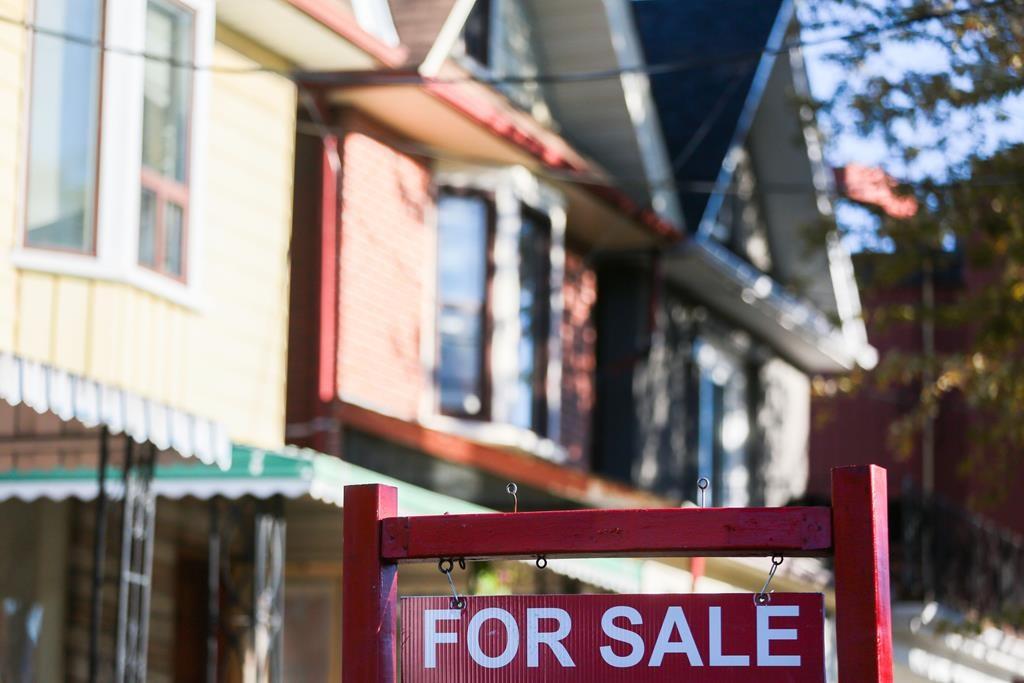OTTAWA—The parliamentary budget officer is estimating that a new federal tax on vacant, foreign-owned properties may not bring in as much as the Liberals hope.
The one percent tax was to take effect at the start of the year and the Finance Department estimates it will bring in $200 million in the 2022-2023 fiscal year, which begins in April.





